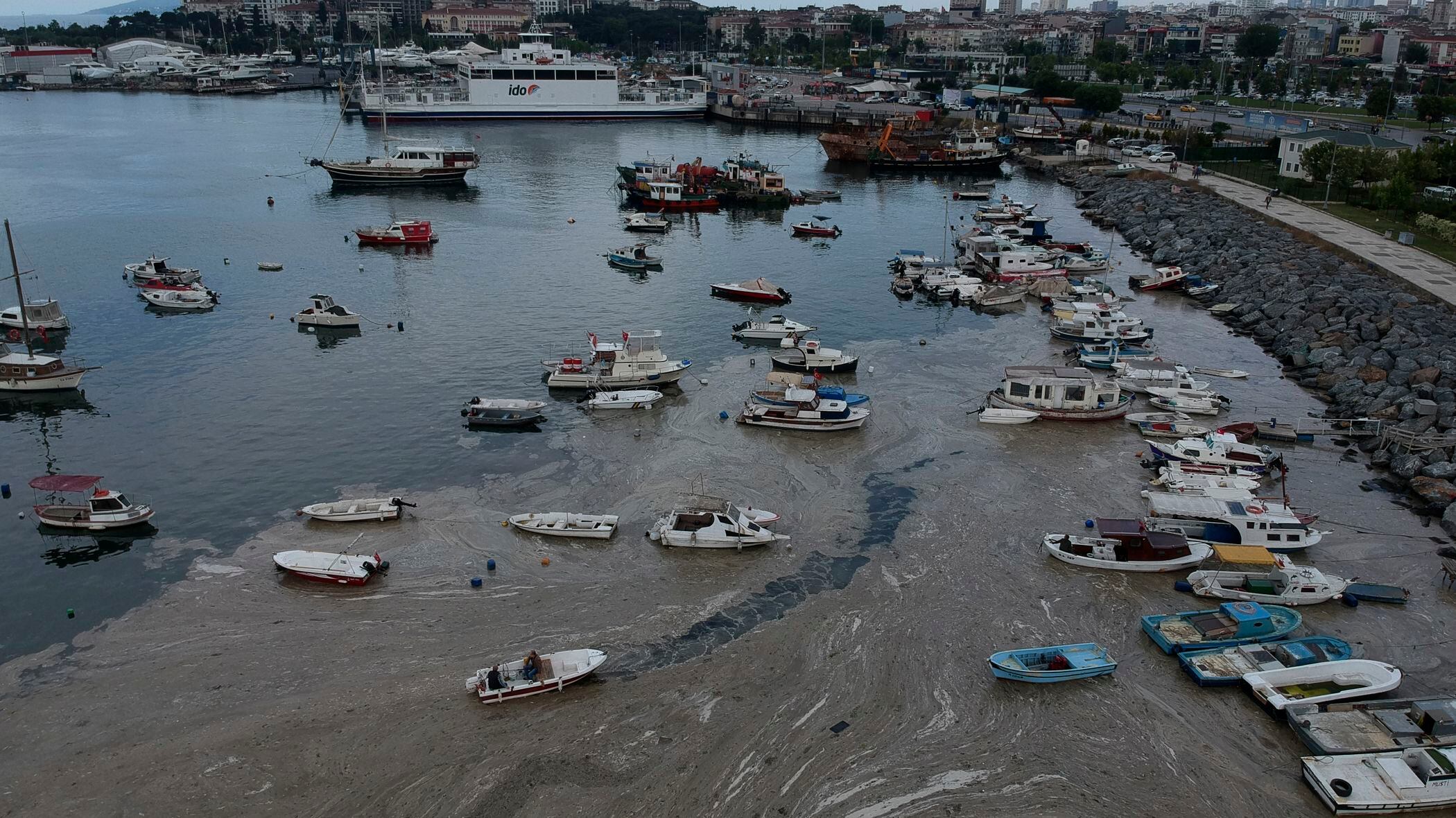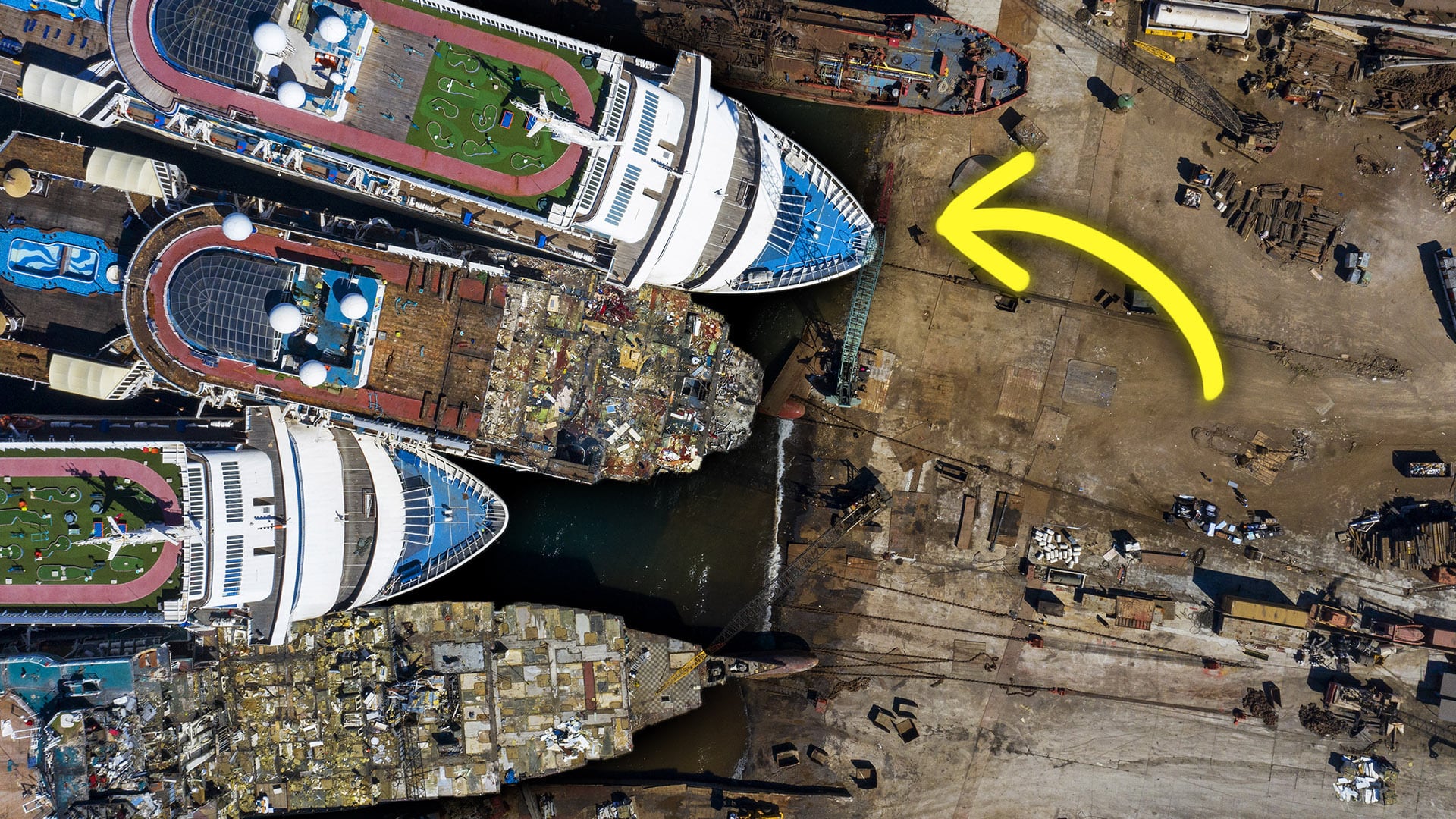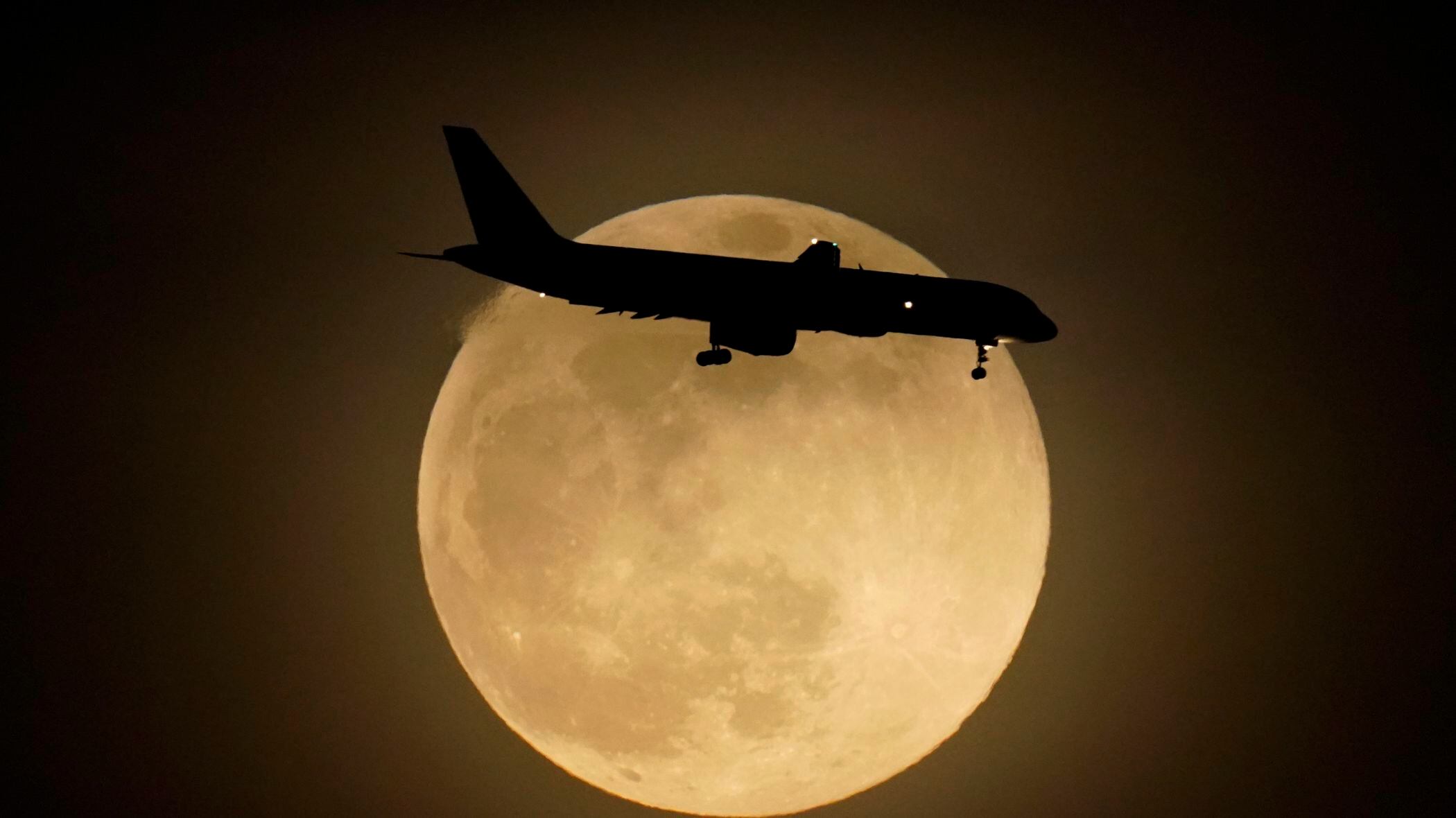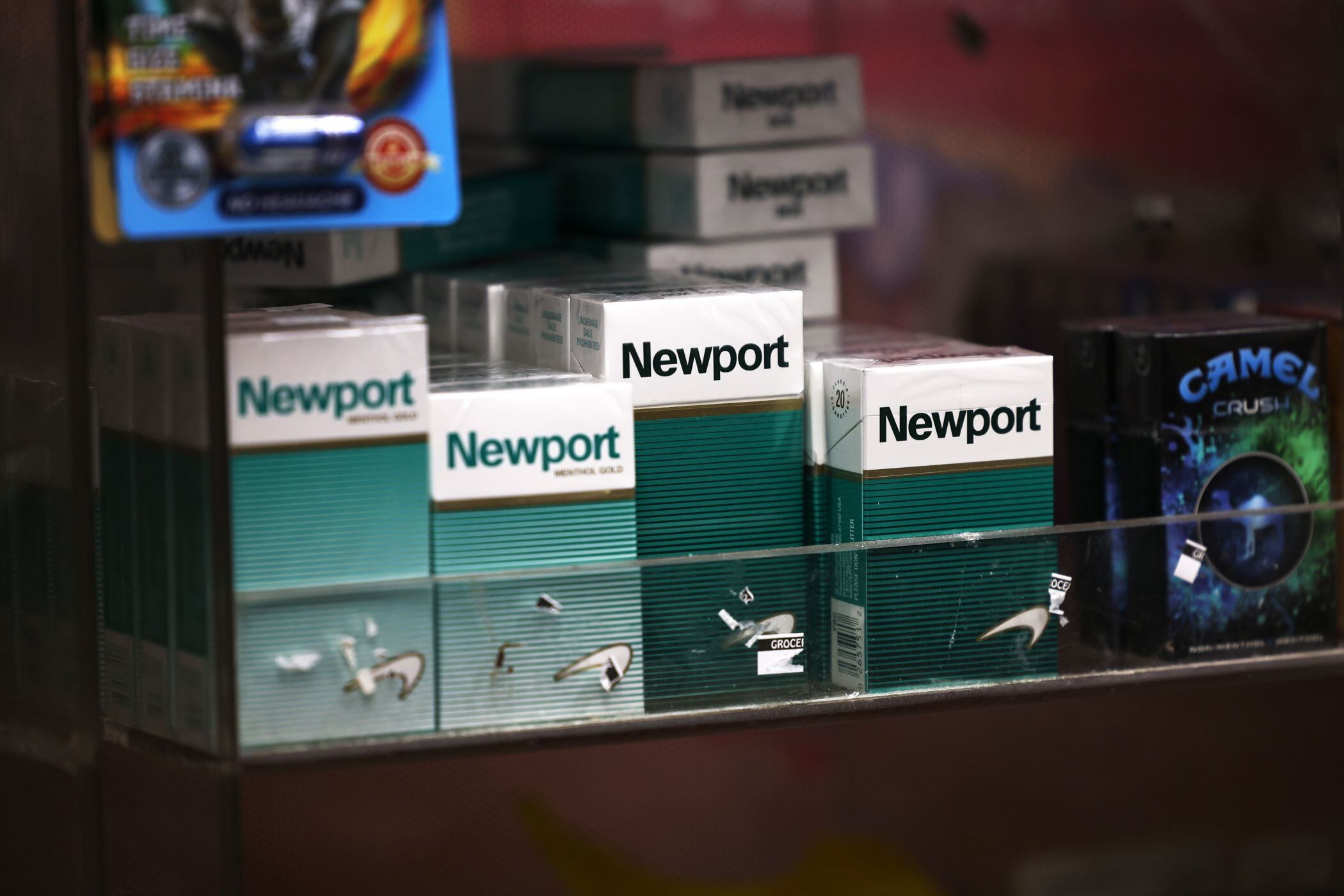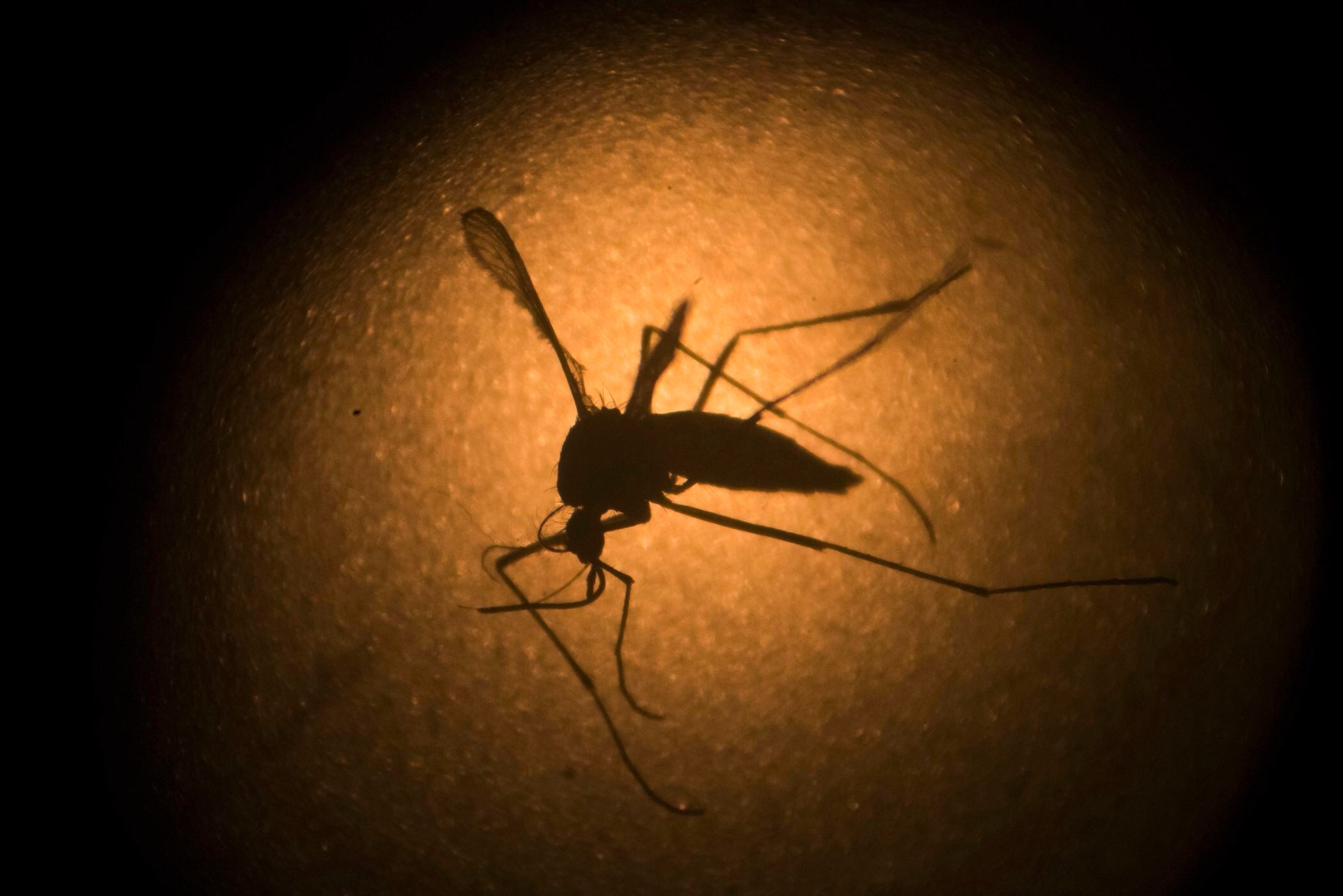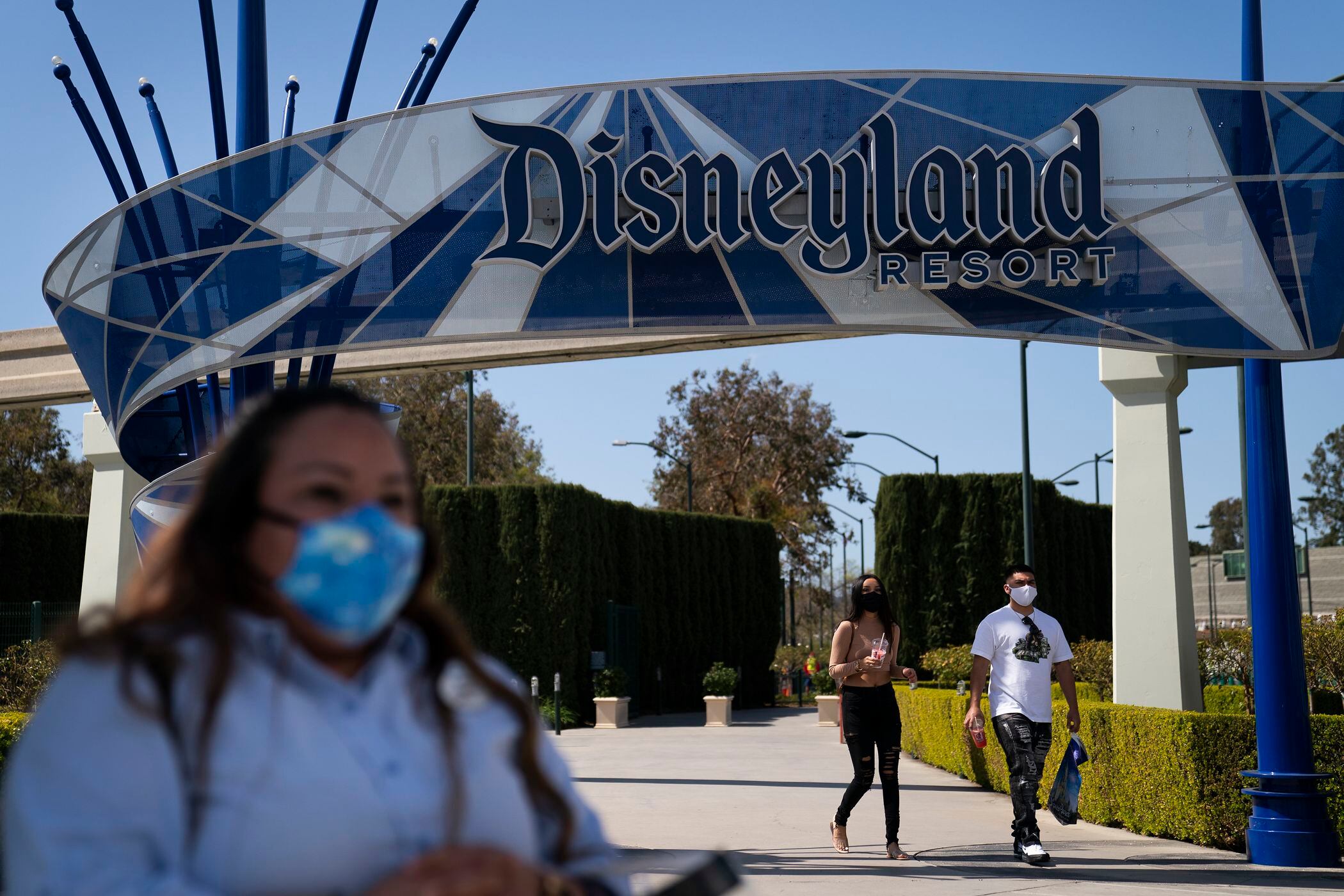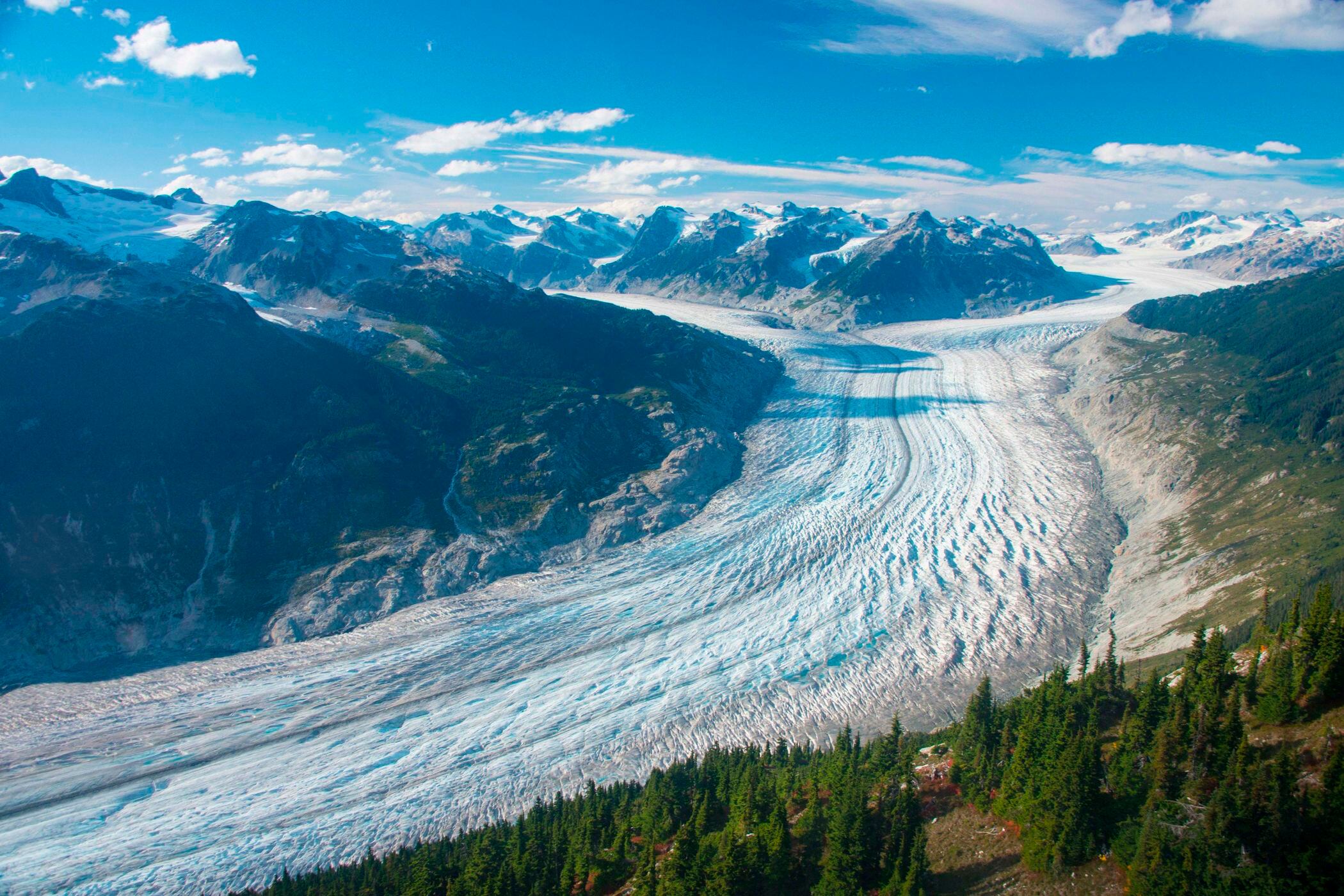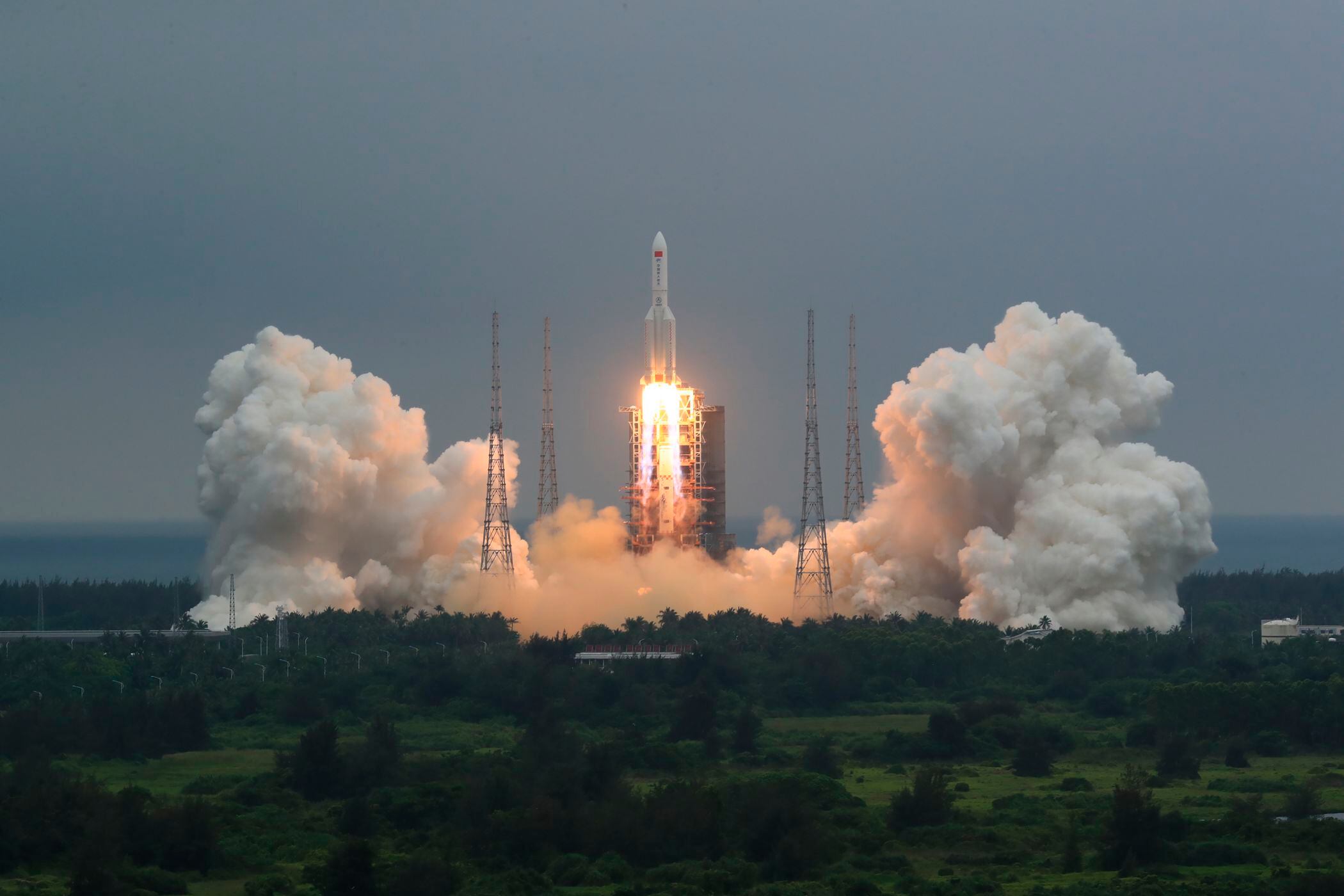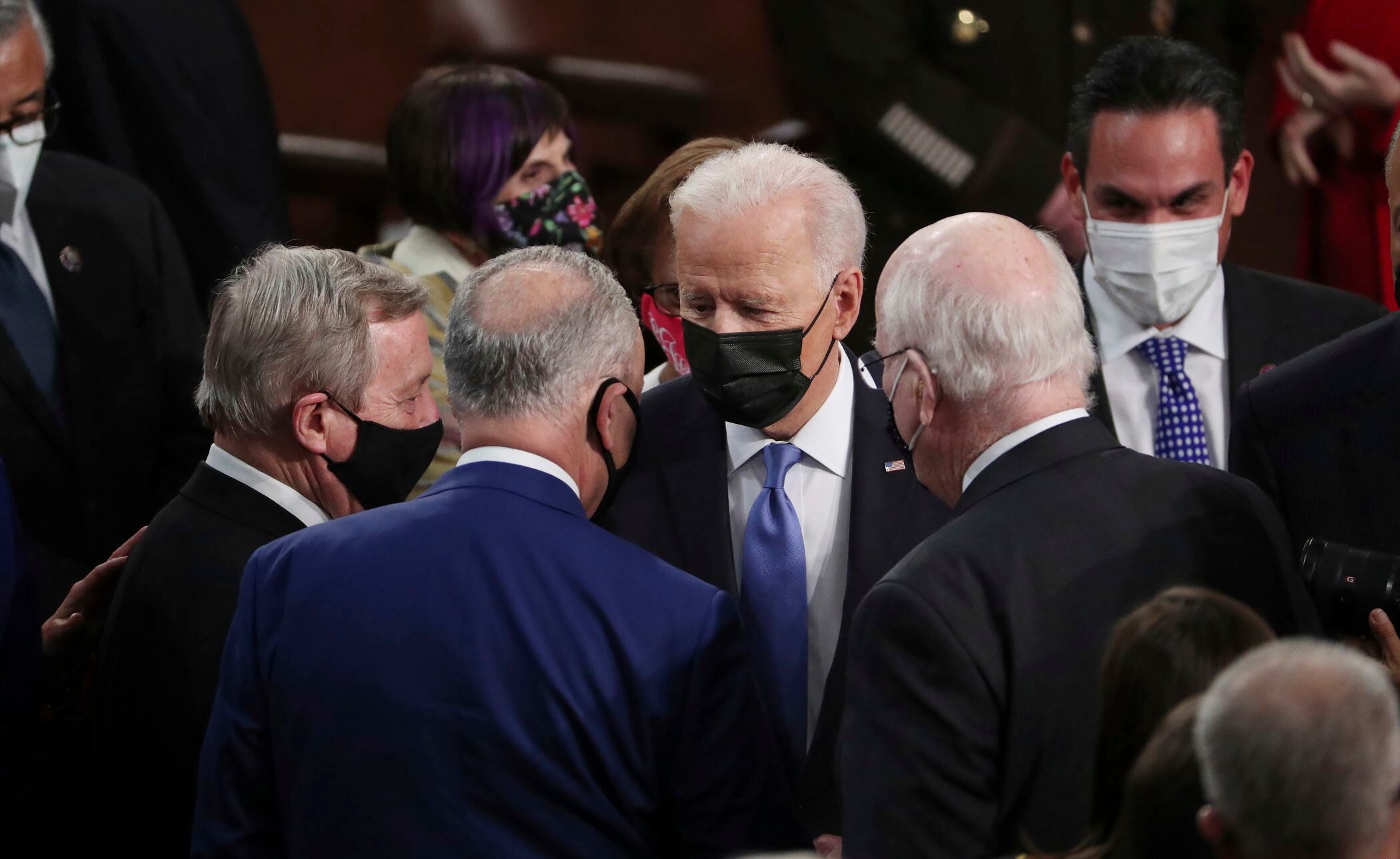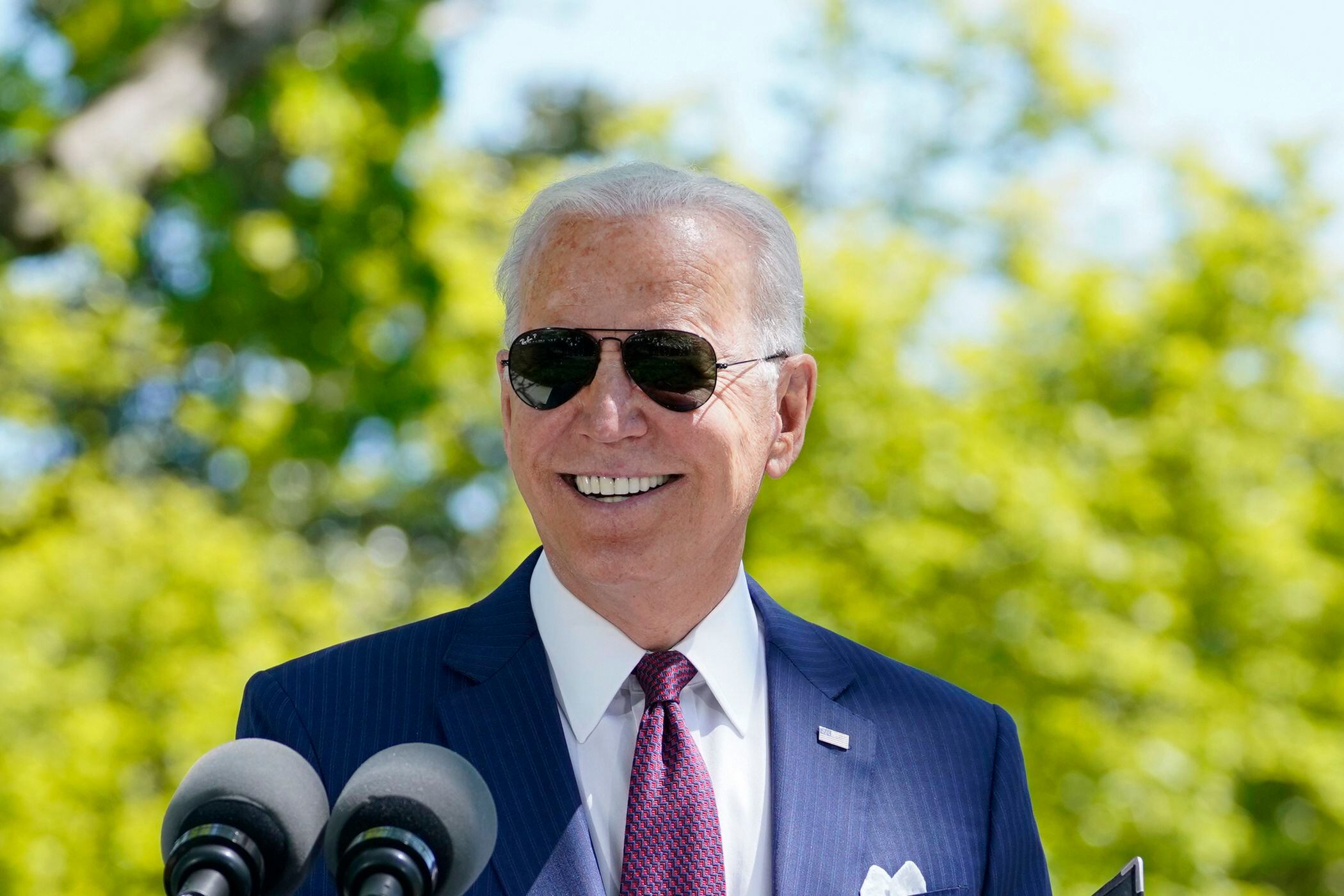Turkey’s president promised Saturday to rescue the Marmara Sea from an outbreak of “sea snot” that is alarming marine biologists and environmentalists.
A huge mass of marine mucilage, a thick, slimy substance made up of compounds released by marine organisms, has bloomed in Turkey's Marmara, as well as in the adjoining Black and Aegean Seas.
Turkish President Recep Tayyip Erdogan said untreated waste dumped into the Marmara Sea and climate change had caused the sea snot bloom. Istanbul, Turkey’s largest city with some 16 million residents, and five other provinces, factories and industrial hubs border the sea.
Marine mucilage has reached unprecedented levels this year in Turkey. It is visible above the water as a slimy gray sheet along the shores of Istanbul and neighboring provinces. Underwater videos showed suffocated coral covered with sea snot.
Erdogan said he instructed the Ministry of Environment and Urbanization to coordinate with relevant institutions, municipalities and universities. Teams are inspecting waste water and solid waste facilities, along with other potential sources of pollution, he said.
“We will save our seas from this mucilage calamity, leading with the Marmara Sea,” Erdogan said. “We must take this step without delay.”
Marine experts say that human waste and industrial pollution is choking Turkey’s seas. They say the rise in water temperatures from climate change is contributing to the problem.
Turkey’s shipbreaking yard is located in the town of Aliaga - about 30 miles north of Port Izmir. Usually, this yard breaks down cargo and container ships. But in 2020, it started bringing in another type of vessel. And business is booming.
Air travel continues to recover from the pandemic, although it's still not close to normal.
Lincoln Mondy, advocate and filmmaker behind the short film "Black Lives/Black Lungs," talked to Cheddar about the FDA's announcement it will move to ban menthol-flavored cigarettes.
Genetically modified mosquitoes are being released in the Florida Keys in an effort to combat persistent insect-borne diseases such as Dengue fever and the Zika virus.
Disneyland has reopened after a 13-month closure. The iconic theme park in Southern California that was closed under the state's strict virus rules swung open its gates Friday and some visitors came in cheering and screaming with happiness.
An overnight stampede in Israel kills dozens, a look at the COVID disaster in Latin America, the economic repositioning in America, a new shortage to report and did people really answer the phone without Caller ID?
A new study of the world's 220,000 mountain glaciers finds that they are melting faster now than in the early 2000s.
China has launched the main module of its first permanent space station that will host astronauts long term.
The headlines from President Biden's first speech to Congress, plus why he's got reason to be sounding optimistic about the state of the pandemic. And would you let a Walmart worker stock your fridge?
Jill and Carlo discuss the CDC's updated mask guidance, a deeper dive into the catastrophe in India, what POTUS will pitch to Congress, and the biggest public health breakthrough of the decade that you haven't heard about.
